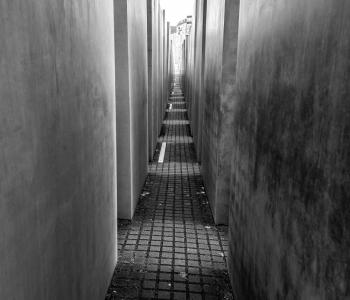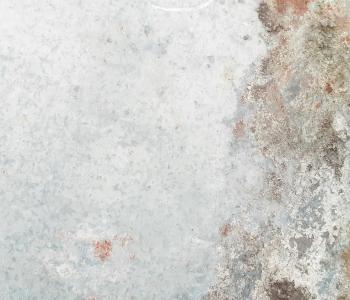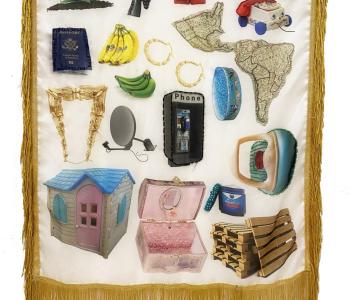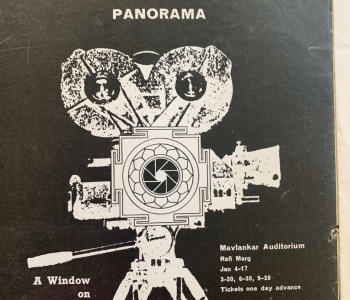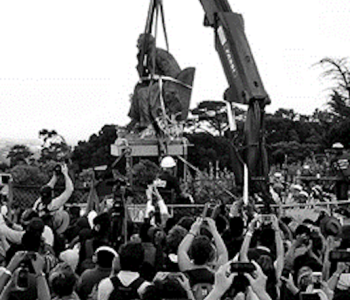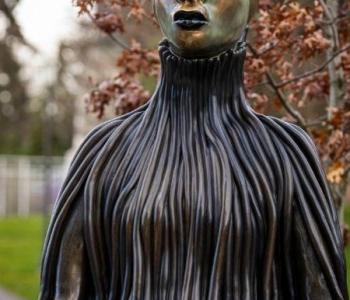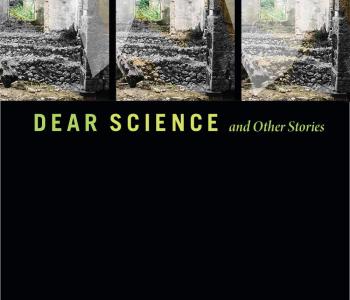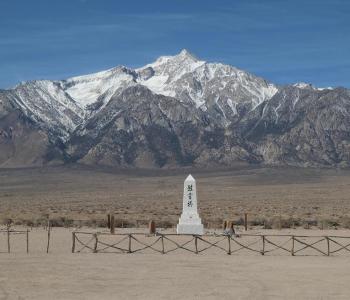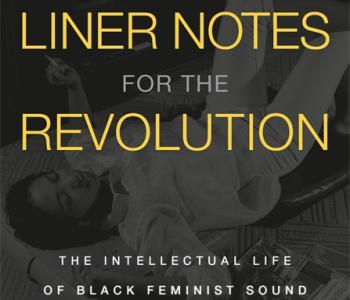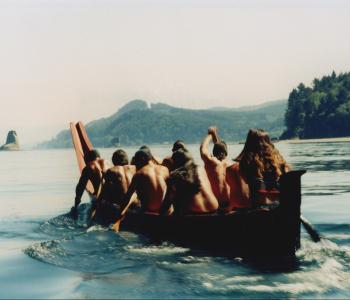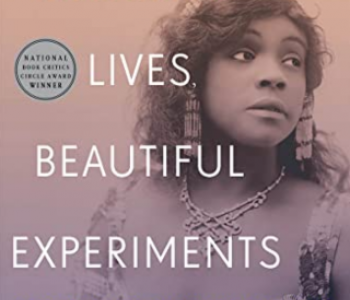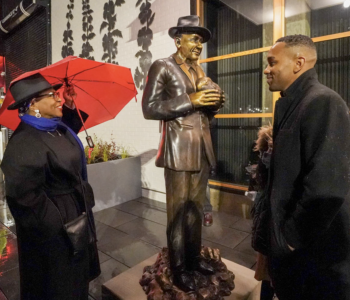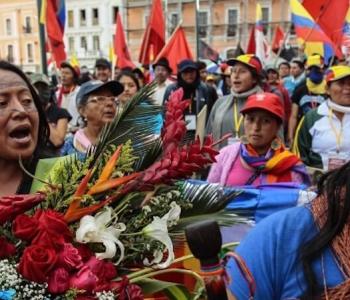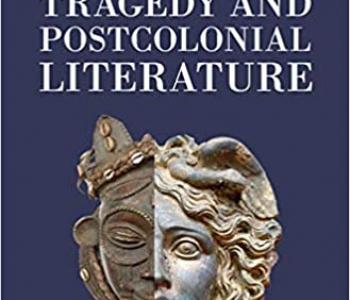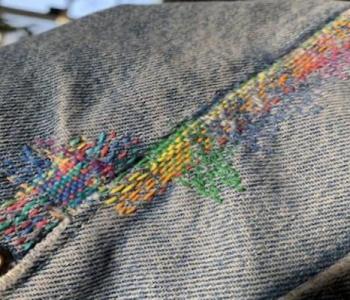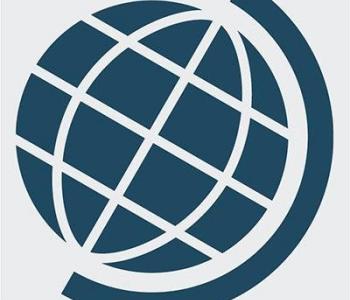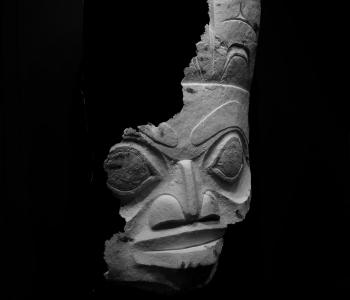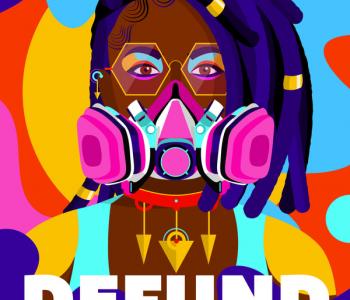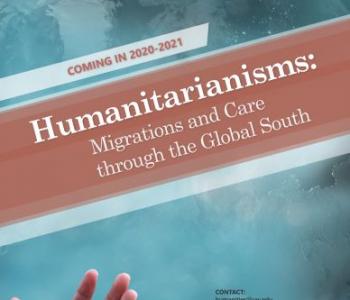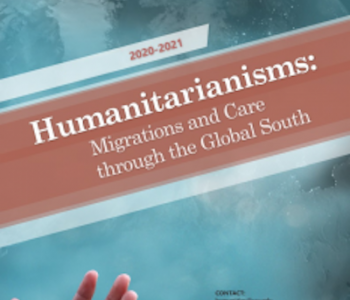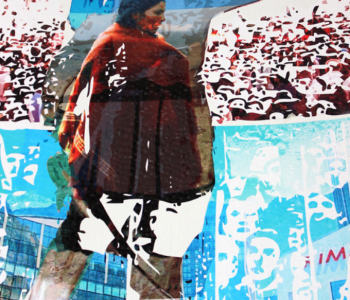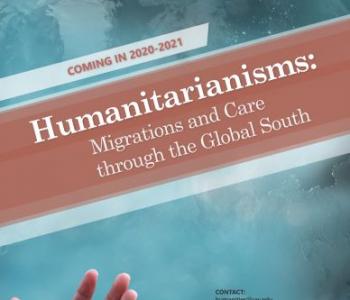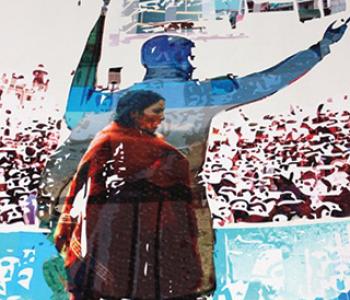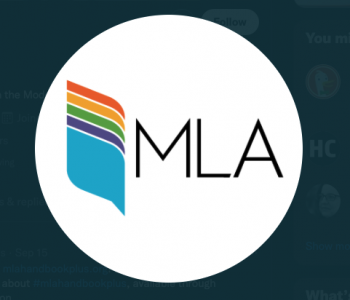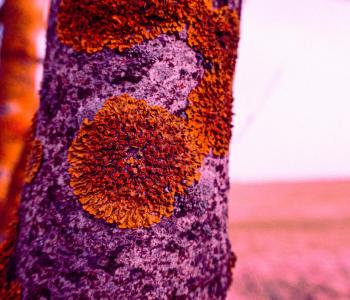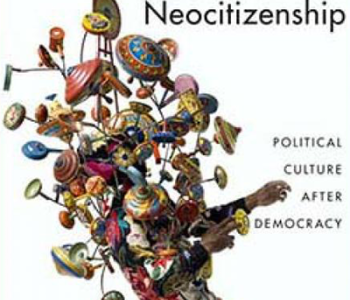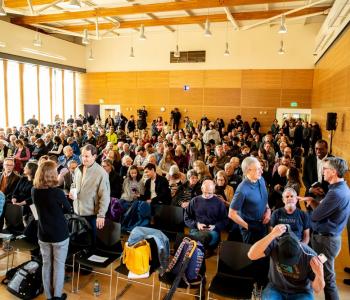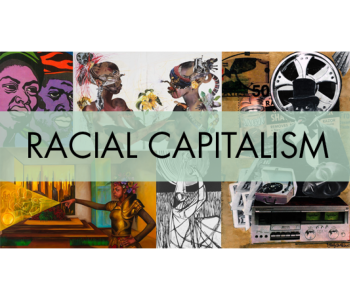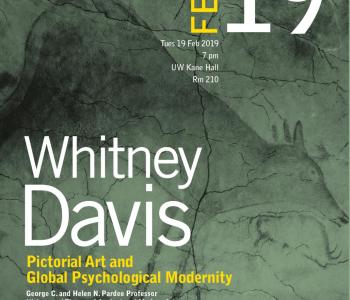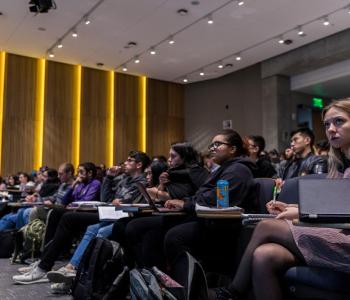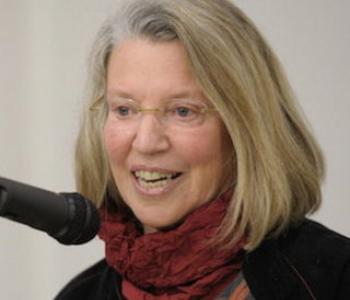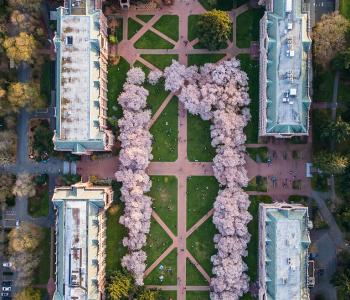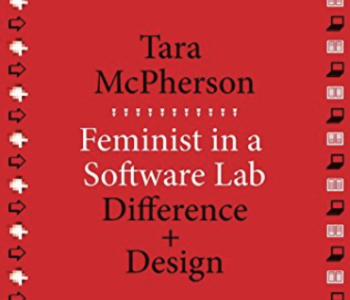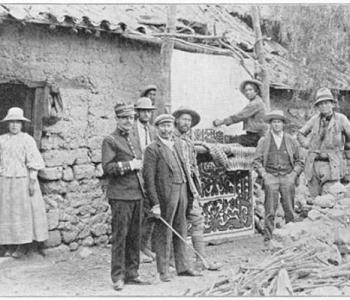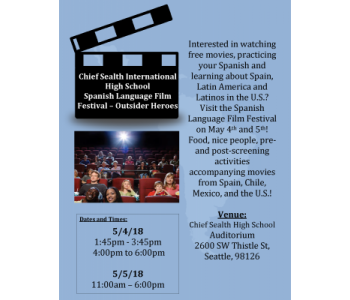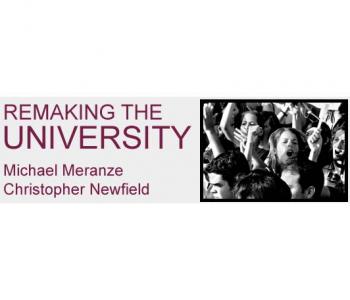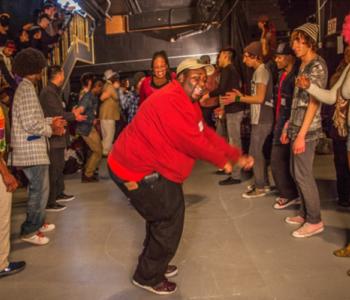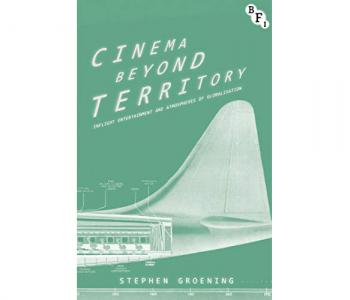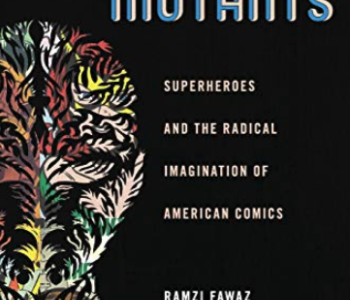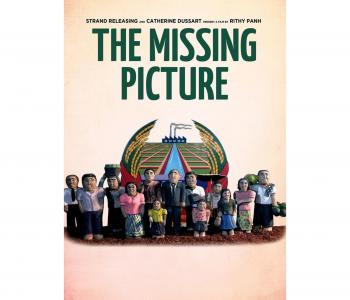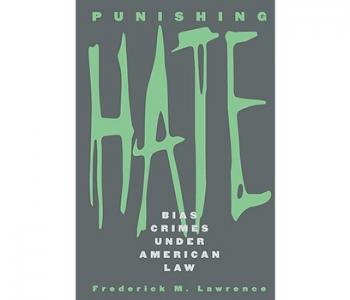Today’s contentious debates about the cultural and pedagogical impacts of generative AI downplay a prior and arguably equally impactful shift in our scholarly and teaching activities represented by the massive troves of digitized text that make generative AI possible.
Microseminars

The Simpson Center periodically offers microseminars at the graduate level that reflect its commitments to crossdisciplinary research, digital humanities, and public scholarship. These courses are typically one-credit, credit/no credit, allowing students to fit them into regular departmental coursework. They are frequently structured around the work of a visiting speaker, letting students grow familiar with a speaker's work and deepening the possibility of real exchange while they are here.
The aim of this microseminar is to engage with the work of Michael Rothberg (University of California, Los Angeles), who will deliver the Katz Distinguished Lecture in Fall 2025.
This course is structured around the campus visits of two respected scholars of transnational feminist responses to violence and war: Rana Jaleel and Margo Okazawa-Rey. Jaleel is Associate Professor of Gender, Sexuality, and Women’s Studies and Asian American Studies at the University of Ca
The aim of this microseminar is to celebrate and engage with the work of Jahan Ramazani (University of Virginia), the Katz Lecturer for Spring 2025 and one of the world’s preeminent comparatists.
This microseminar offers students a base for entering into an interdisciplinary dialogue with the scholars and others in the UW community on Latinx Colombianidades. Latinx Colombians are simultaneously hyper-visible (i.e.
This course discusses human activities in outer space from the perspective of intergenerational ethics. The course introduces basic concepts, theories, principles, and problems in space ethics. It asks questions such as: In what ways should space environments be preserved fo
This seminar is tied to a symposium of scholarly talks devoted to the personal collection of film memorabilia belonging to American cinephile and writer Lyle Pearson. We will explore three themes connected to the materials in the collection pertaining to the 1970s.
The debates sparked by generative AI give short shrift to a previous transformation in our scholarly activities represented by the massive troves of digitized text that make generative AI possible.
What are the responsibilities of a global university in a wounded world?
This microseminar is tied to Dorothy E. Roberts’s visit to campus in Winter 2024. Roberts, a sociologist and law professor, is one of the foremost theorists of reproductive justice and a key critic of racism in science, law, and public policy in the United States.
This microseminar anticipates Katherine McKittrick’s Katz Distinguished Lecture in the Humanities, Fall 2023.
Because the concentration camps that held Japanese Americans during World War II were typically established in harsh and desolate conditions, dust and dryness feature prominently in personal accounts of incarceration, and everyday resistance often inv
As an interdisciplinary field of research, sound studies explores the emergence and transformation of the concept of "sound" in modernity with an emphasis on the development of sound reproduction technology.
The concept of borderlands has influenced US historiography and other disciplines for decades.
Saidiya Hartman’s multi-award-winning work spans the fields of African American literature and cultural history, slavery studies, law and literature, gender studies, and performance studies.
In conjunction with an upcoming symposium, this microseminar focuses on contemporary plurifeminisms across Abya Yala,* particularly the “art-law” collaborations that have been a component of many feminist struggles for transformation in the region.
In a time of crisis and austerity, what strategies can we use to imagine a safe and thriving future for trans, nonbinary, Two Spirit, intersex, gender-variant, and gender-creative people and communities?
With support from the Mellon Foundation and Social Science Research Council (SSRC), this microseminar is a workshop in the art of writing proposals to fund international dissertation research.
In this microseminar we explore art of the Northwest Coast and how it functions within the political realm of Canada’s Truth and Reconcilation (TRC) Commission and in the face of extractive industries on unceeded territory and the devestation they can bring to Indigenous lands and sovereignty.
This microseminar explores the political importance of art in responding to the violence of dictatorship, war, and extractive economies. It is organized around the spring 2020 visits of four scholar-artists from Puerto Rico and Peru.

